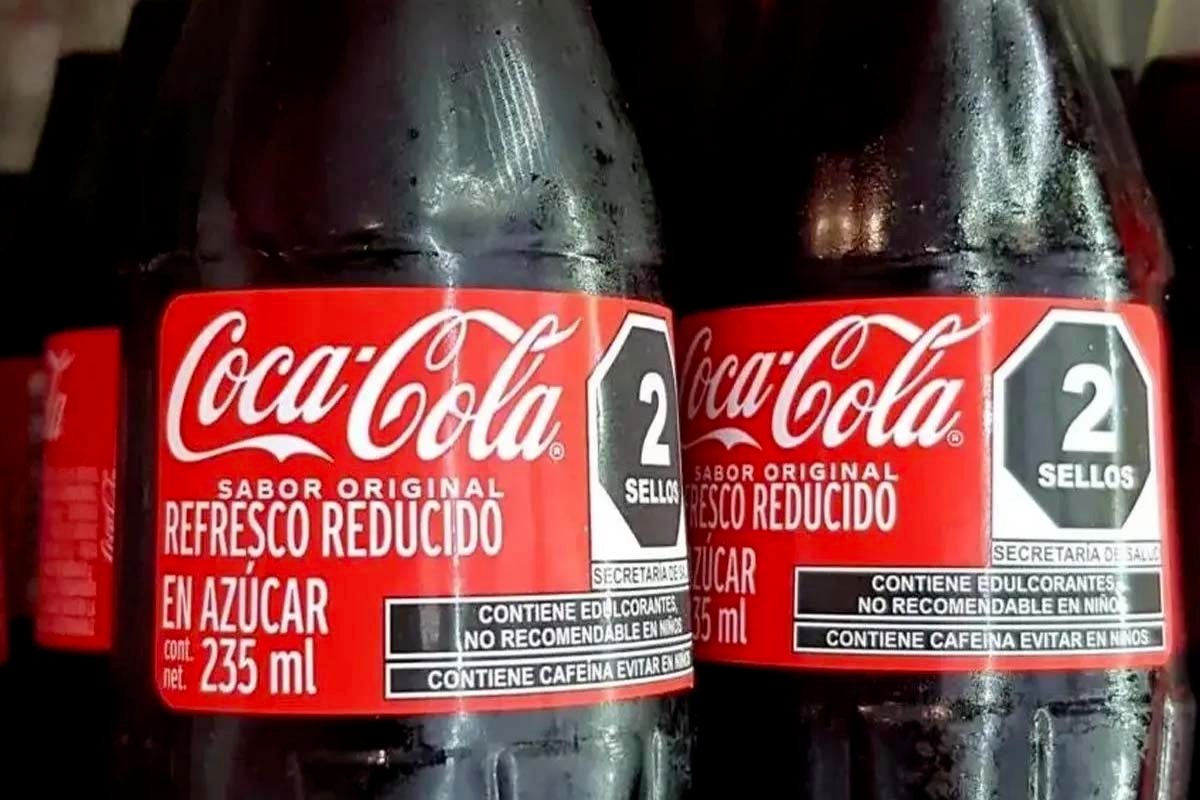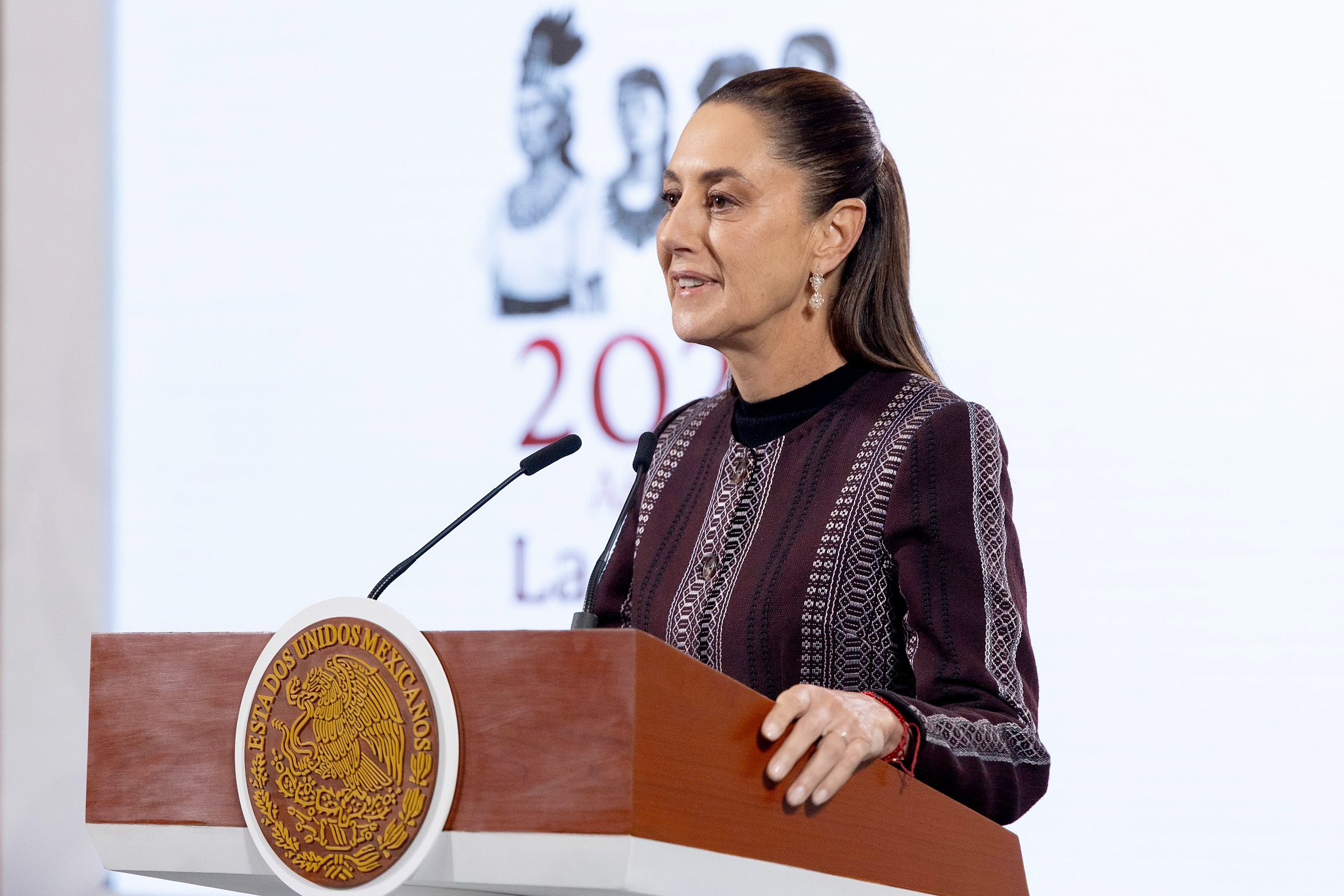Coca-Cola Mexico modifies its formula to reduce sugar and calories

Mexican Coca-Cola has always had its own identity, marked by its distinctive flavor thanks to the use of cane sugar. This ingredient, unlike the high-fructose corn syrup used in other countries, has been key to public preference and has cemented Mexican Coke as an icon both within the country and abroad.
However, the company has decided to modify its original formula for the first time in decades, in response to growing concerns about sugar consumption and diet-related diseases.
According to Patricio Caso, Director of Public Affairs for Coca-Cola Mexico, the company has committed to reducing the calories in its beverages by 30%. This gradual change is part of an agreement with the Federal Government to support national health policies.
The goal is for 70% of the volume sold to meet the new calorie parameters within a maximum of one year. The process will begin with larger sizes, where sugar consumption is highest per unit.
The decision comes amid the legislative debate over increasing the Special Tax on Production and Services (IEPS) on sugary drinks. This tax seeks to discourage the consumption of high-calorie products and fund programs to prevent chronic diseases.
Undersecretary of Health Eduardo Clark explained that the measure aims to reduce obesity and diabetes rates in Mexico, one of the countries with the highest consumption of soft drinks in the world, with an average of 166 liters per person per year.
Although the details of the formula are confidential, Coca-Cola confirmed that it will maintain the base of traditional ingredients: carbonated water, type IV caramel color, phosphoric acid, caffeine, and natural plant and spice extracts.
The main adjustment will be in the amount of cane sugar, reduced in a controlled manner so as not to drastically alter the beverage's sensory profile. The company seeks to maintain a balance between the authenticity of the Mexican flavor and new nutritional demands.
Coca-Cola Mexico has faced the challenge of adapting its product without losing what makes it special. Since its introduction in the country more than a century ago, the recipe has remained almost unchanged, becoming part of the daily lives of millions of people.
Although consumers may perceive slight differences, the company assures that the distinctive flavor will remain true to its essence. This step is part of a broader industry effort to offer healthier products without sacrificing its heritage.
Mexican Coke isn't just a national product: it's a symbol exported to more than 20 countries. In the United States, for example, its glass-bottled version is seen as a premium product due to its authenticity and use of cane sugar.
The new public health approach, along with fiscal adjustments, represents a profound change in the Mexican soft drink industry. Maintaining the flavor that has characterized generations will be just as important as aligning with government wellness goals.
The change in the formula marks a turning point. More than a commercial change, it represents a response to the demands of a country seeking to improve its nutrition without losing its traditions.
Coca-Cola Mexico faces the challenge of maintaining the identity of its most iconic beverage while adapting to a global context where health and flavor must coexist.
La Verdad Yucatán





